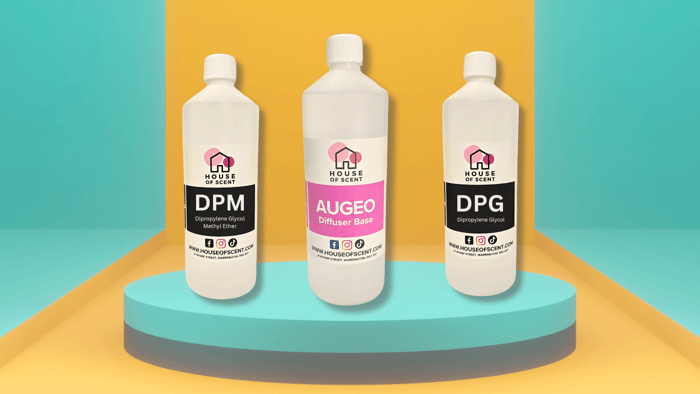If you’re diving into the world of candles, wax melts, soaps, or skincare, you've likely asked: Are fragrance oils and essential oils the same?
It’s a common question - especially as more people become conscious of the ingredients in the products they buy or make. Scent is a major selling point in home fragrance and body care, so understanding the difference between natural plant extracts and manufactured scent blends is essential.
Though both types of oil are used to make products smell amazing, they’re not interchangeable. They differ in how they’re made, how they perform, their benefits, and even their environmental impact.
What Are Essential Oils?
Essential oils are highly concentrated plant extracts obtained through steam distillation or cold pressing. These natural oils capture the aroma and therapeutic properties of the source plant, such as lavender, peppermint, eucalyptus, or tea tree.
They’re widely used in aromatherapy, skincare, wellness routines, and natural living.
Popular examples include:
Lavender – known for its calming, sleep-inducing qualities
Peppermint – fresh and cooling; often used for focus and headache relief
Tea Tree – antibacterial and purifying
Eucalyptus – invigorating, helps with congestion
Because they are volatile (meaning they evaporate quickly), essential oils often produce lighter, more delicate aromas that fade faster than synthetic alternatives.
What Are Fragrance Oils?
Unlike their natural counterparts, these oils are typically created in a lab. They may be entirely synthetic, derived from natural sources, or a combination of both. Their purpose is simple: to smell amazing and perform well in a variety of products.
There are three common types:
Synthetic – made from man-made aroma compounds
Natural isolates – separated scent molecules from natural sources
Nature-identical – lab-replicated versions of real plant molecules
These scent blends are often found in:
Candles and wax melts
Perfumes and body sprays
Lotions, soaps, and cosmetics
Room sprays and diffusers
Household cleaners
Because they're designed for performance, they tend to last longer, have a stronger scent throw, and offer a more stable result - particularly when heat is involved, as in candle-making.
Are Fragrance Oils and Essential Oils the Same?
Short answer: No, they are not.
Even though both are used to make products smell good, they differ in nearly every other way—from their origin and processing to their cost, shelf life, and safety.
Here’s a side-by-side breakdown:
| Feature | Essential Oils | Fragrance Oils |
|---|---|---|
| Source | Extracted from plants | Lab-created or blended |
| Scent Range | Limited to nature | Virtually unlimited |
| Shelf Life | Shorter, can oxidize | Typically longer-lasting |
| Price | Usually more expensive | Often more budget-friendly |
| Therapeutic Properties | Yes | Generally none |
| Suitability for Heat | Some are unstable | Formulated to withstand heat |
| Best For | Wellness, skincare, aromatherapy | Home fragrance, soap, cosmetics |
Pros and Cons of Each
Essential Oils – Advantages
100% natural
Offer therapeutic and wellness benefits
Appeal to eco-conscious consumers
Suitable for aromatherapy and holistic skincare
Essential Oils – Drawbacks
More costly to produce
Limited scent range
Some can be unstable in heat or light
May not be ideal for all candle or soap bases
Synthetically Crafted Oils – Advantages
Huge range of scents (even fantasy or food-inspired blends)
Longer-lasting aroma
Great performance in products like candles and wax melts
Affordable and consistent batch to batch
Drawbacks
No therapeutic properties
May include synthetic allergens
Not suitable for all-natural product lines
When Should You Use Each Type?
It depends on what you’re creating and who your target customer is.
Use essential oils if:
You’re making aromatherapy or wellness items
Your brand values natural and organic ingredients
You’re formulating roll-ons, skincare, or massage products
You want to emphasize therapeutic benefits
Use scented blends if:
You need a strong scent throw in candles or wax melts
You want a wide variety of scent choices
You're looking for consistency in large-scale production
You’re creating perfumes, soaps, or home fragrance items
Many makers use a mix of both. For example, you might blend lavender essential oil with a soft musk-based scent blend to add depth and longevity to a candle or body butter.
Are These Oils Safe to Use?
There's a lot of misinformation out there. Some assume lab-made oils are toxic, but that’s not necessarily true.
When purchased from reputable suppliers, these ingredients are IFRA-compliant, meaning they meet international safety standards for use in cosmetics and home products. Just like with essential oils, misuse - like applying undiluted oil directly to the skin—can cause irritation.
Tips for safe usage:
Always follow recommended dilution rates
Patch test skin products before use
Never use undiluted oils directly on skin
Store all oils in a cool, dark place
Whether you’re using a botanical extract or a synthetic blend, safety starts with sourcing and responsible formulation.
Blending Both Worlds
Some crafters find great success blending both types of oil. This allows for a fuller, more complex fragrance while maintaining some natural elements.
Examples include:
Enhancing citrus oils with stabilizing scent molecules to extend shelf life
Layering herbal or floral notes for a deeper, longer-lasting perfume
Adding natural essential oils to give a synthetic blend a botanical boost
This hybrid approach is especially helpful when you want a natural identity without sacrificing performance.
Final Thoughts: Are Fragrance Oils and Essential Oils the Same?
To circle back: Are fragrance oils and essential oils the same? No - though they’re both used for scenting products, they’re fundamentally different in how they’re made and how they function.
Natural plant oils offer wellness benefits and appeal to those seeking a holistic lifestyle. Synthetically created oils provide strong, long-lasting scent and greater versatility, especially for home fragrance and soap-making.
Knowing when to use each one (or both) can help you create better, safer, and more appealing products - whether you're crafting for personal use or selling to customers.
Shop Premium Oils with Confidence
At House of Scent, we offer a carefully curated selection of undiluted, high-performance oils designed for makers, hobbyists, and indie brands. Whether you're looking for classic aromas, trend-led blends, or something totally unique, our range has everything you need to bring your creations to life.
Explore our range today and start crafting with confidence.

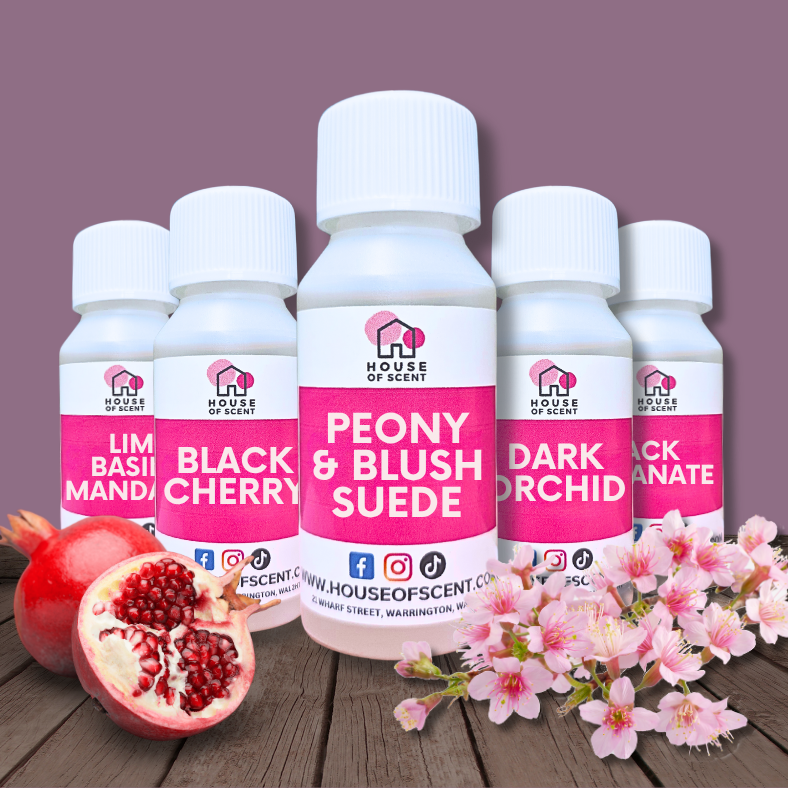

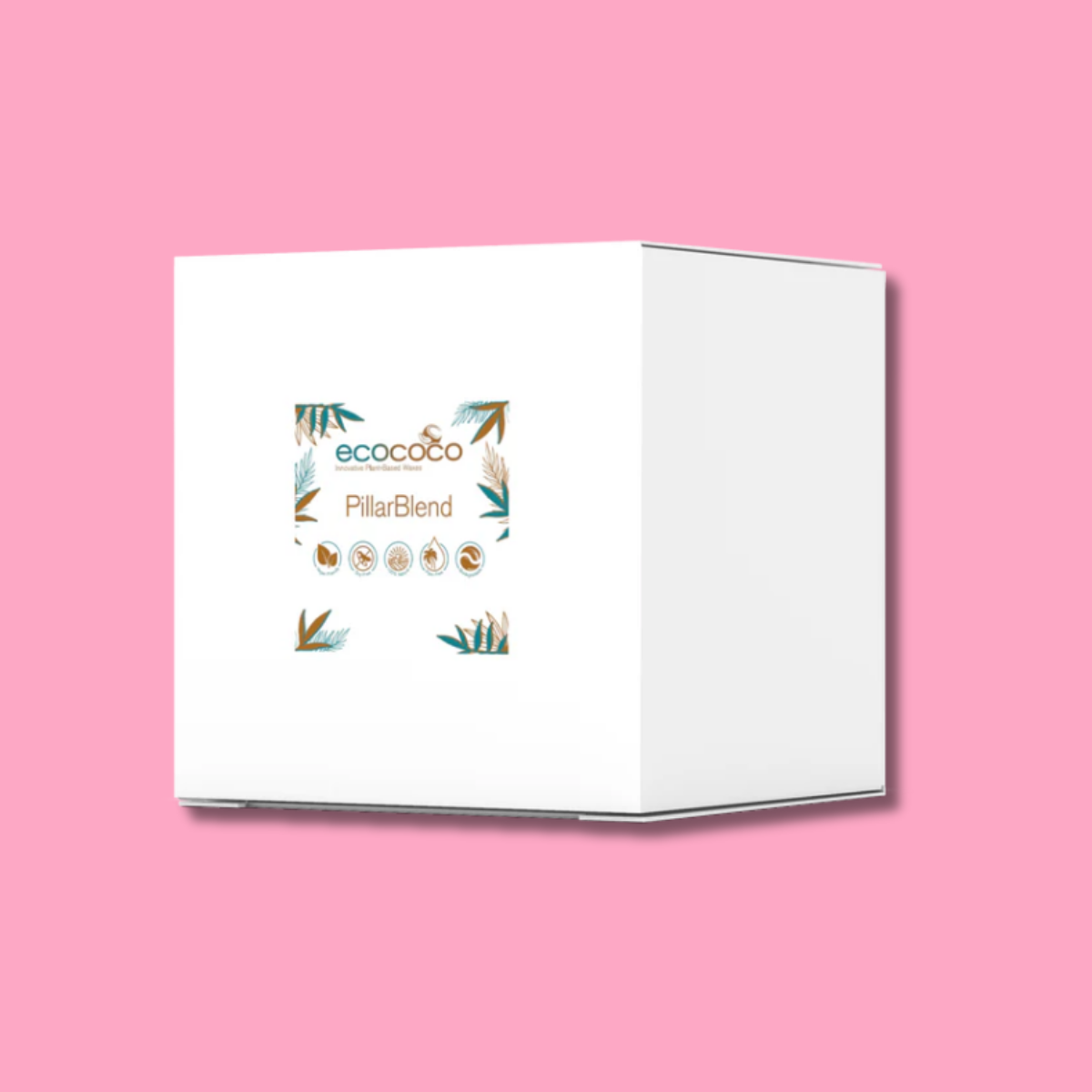
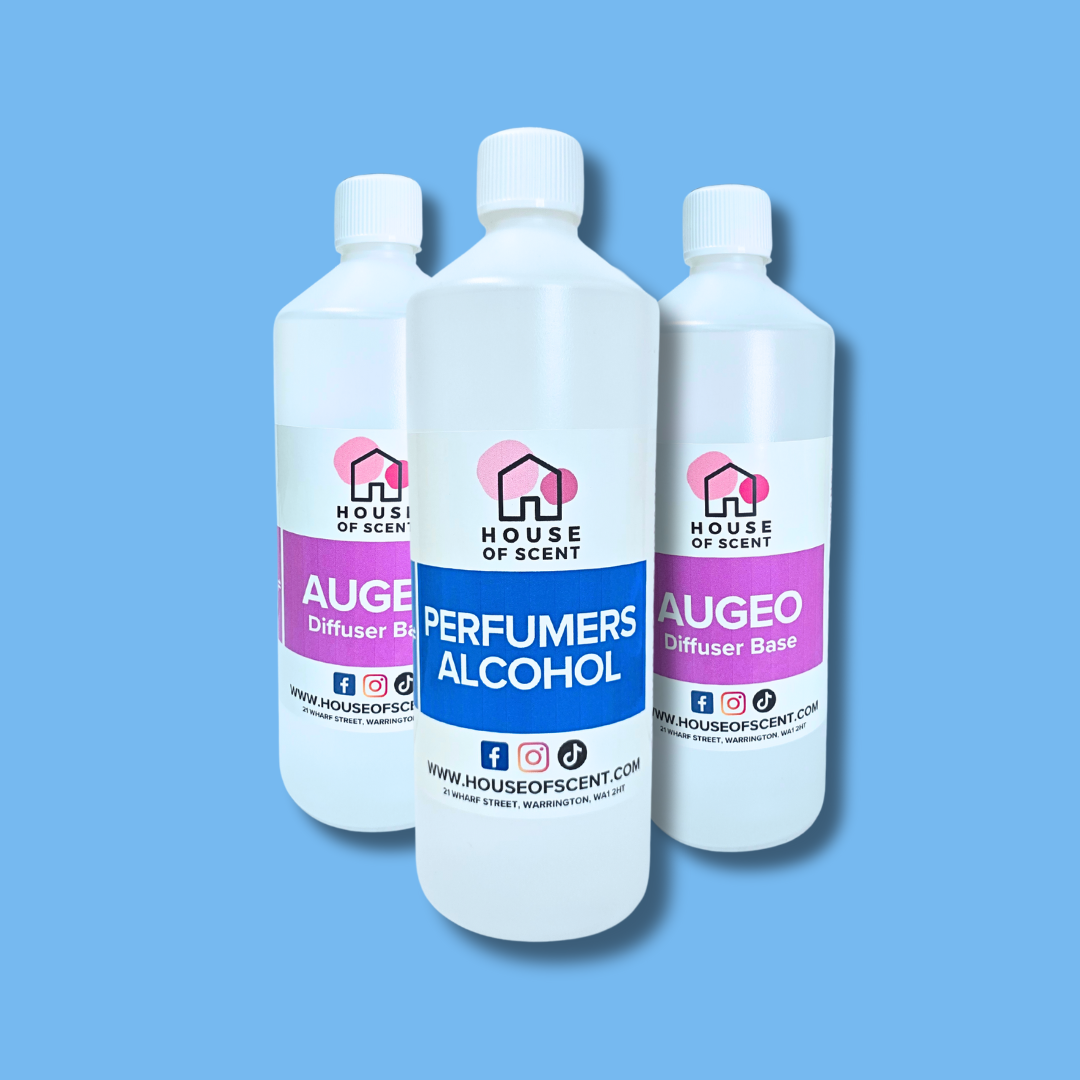
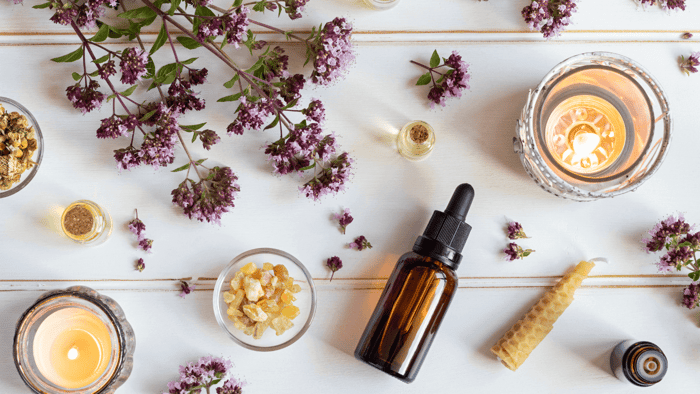
.jpg)


